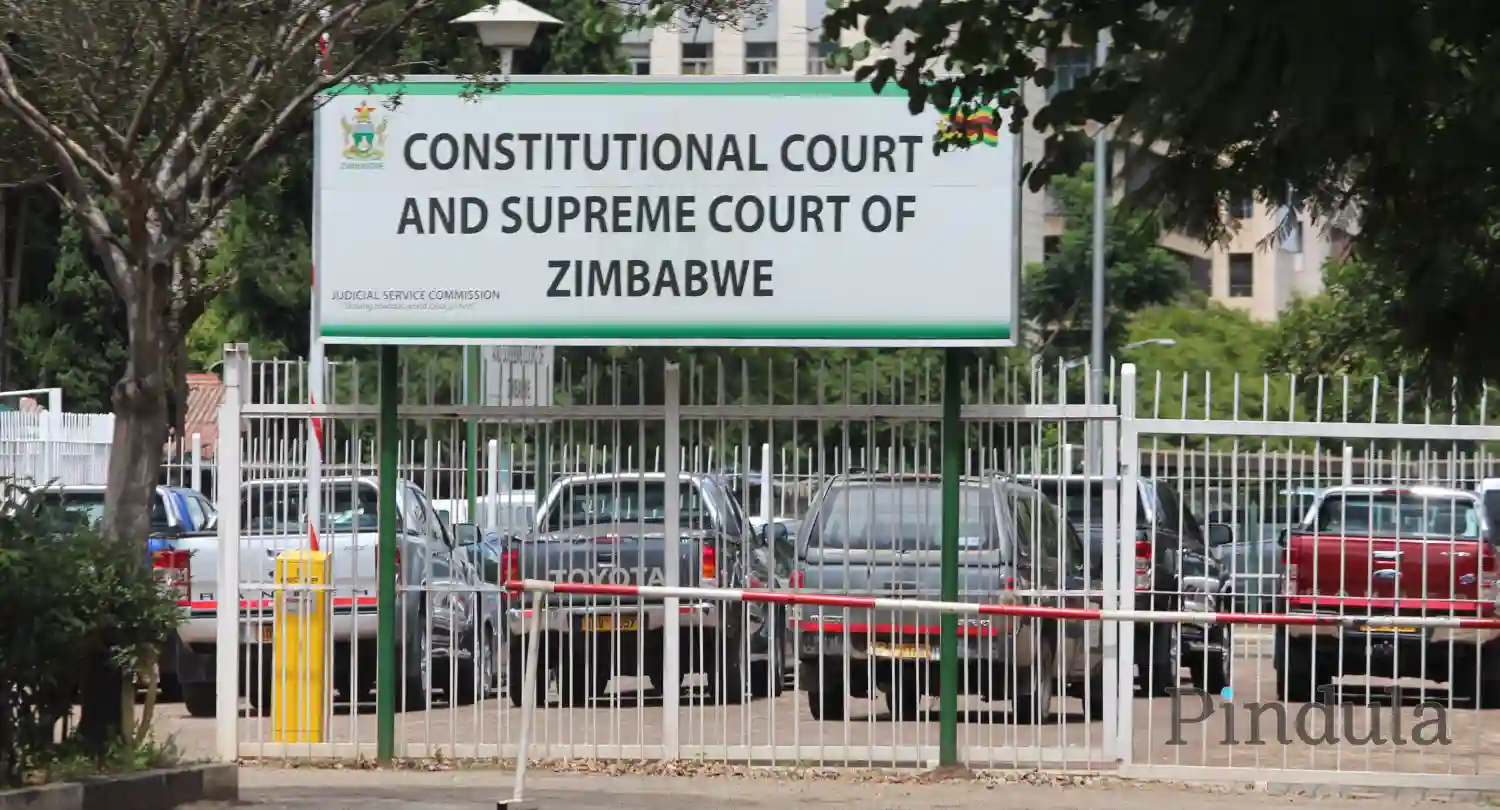MDC Alliance vice president Professor Welshman Ncube, says a large part of the political problems bedevilling Zimbabwe is caused by an incompetent judiciary that has propped up wishes of the military state instead of protecting the citizenry.
His remarks come as the MDC Alliance led by Nelson Chamisa is fighting for political survival, with a rival formation led by Douglas Mwonzora using the courts and State agents to grab its funds and offices.
Prof Ncube claimed the judiciary awarded Mwonzora’s MDC-T with political power yet the party was a state project that had nothing to do with the people’s interests.
Speaking during an interview with CITE on the Breakfast Club, on Monday, Ncube, who is a constitutional law expert, said:
A large part of Zimbabwe’s problems today, I regret to say, are because we have a judiciary that has abandoned its responsibility.
The attempted capture of the opposition by the state is a fault that lies squarely in the doors of the judiciary.
This nonsense about Mwonzora given our money and much of this nonsense about a party that did not contest an election, whose name is not on the ballot paper yet is given our MPs and allowed to recall our MPs – all of that nonsense is the fault of the judiciary in this country.
Prof Ncube noted that if Zimbabwe had a judiciary that properly applied the law and pursued justice there would be no political chaos in the country. He said:
We will not be having all of this nonsense that is happening right now because no one will even attempt it because the law is very clear.
The courts will pronounce clearly but because now anything goes, we witness all this nonsense that is taking place.
So at the door of the judiciary lies much of the responsibility that is happening in this country.
Prof Ncube also noted that a strong judiciary was needed for democracy to thrive and used Zambia as a lesson where the northern country’s governance systems were in order.
He also said he was happy that the new Zambian president, Hakainde Hichilema, had expressed commitment to continue promoting democracy, which was what the SADC region needed.

